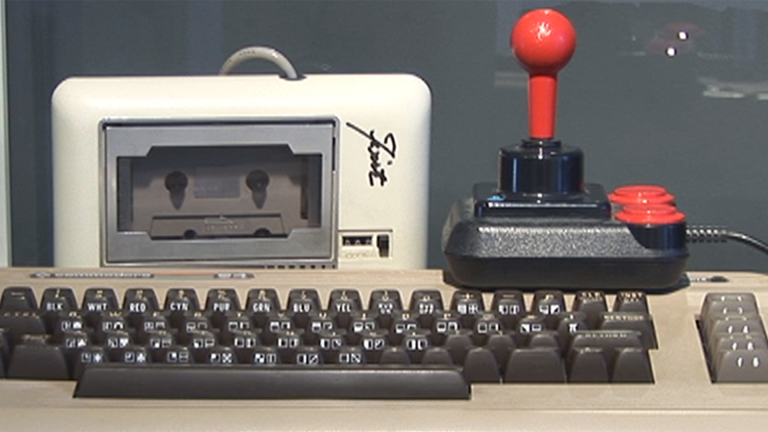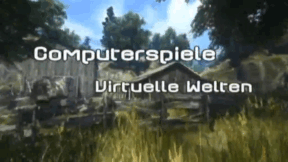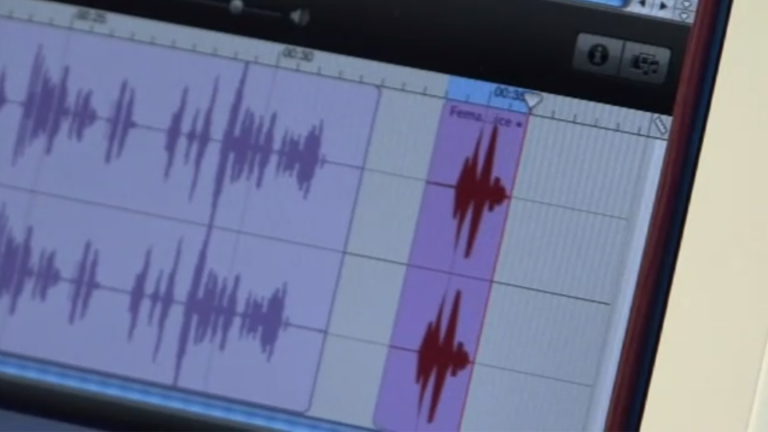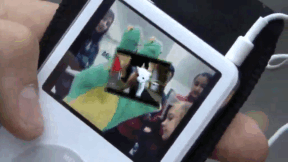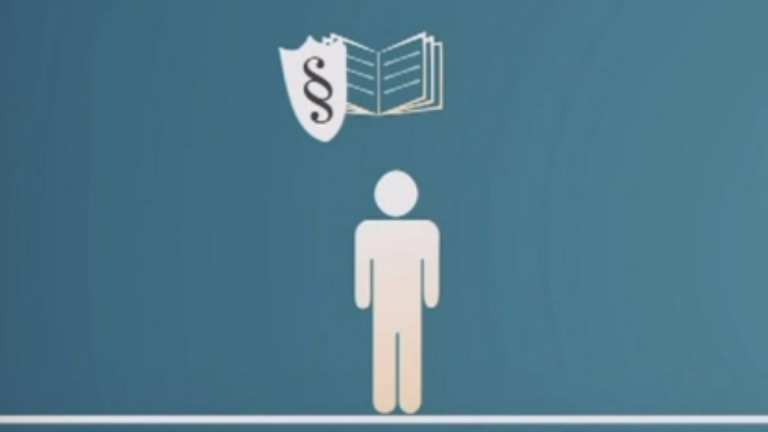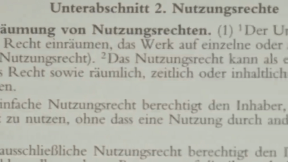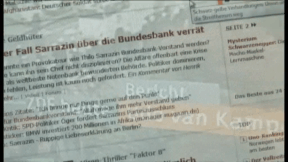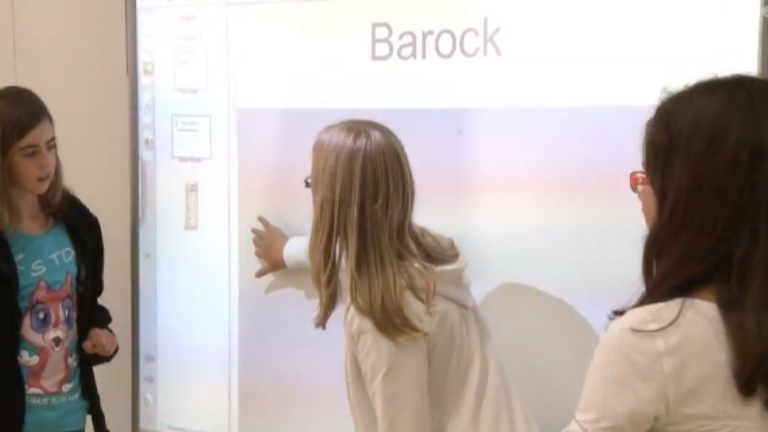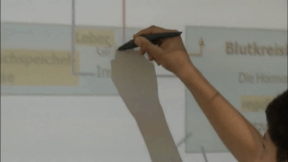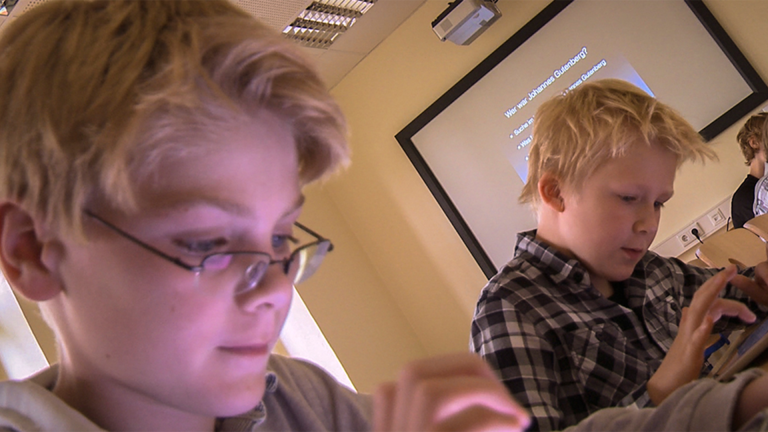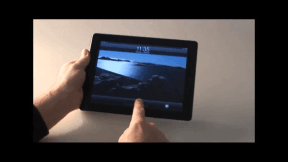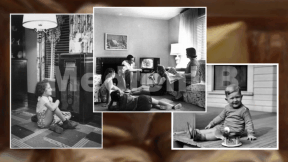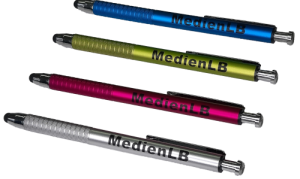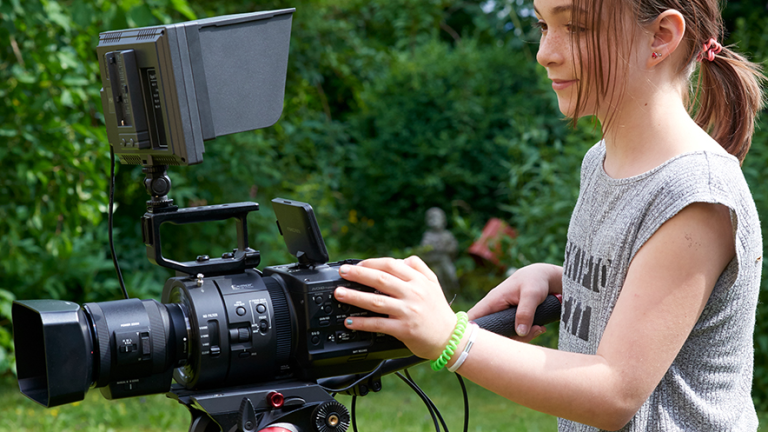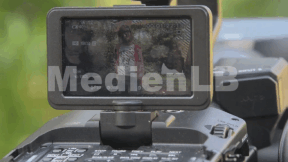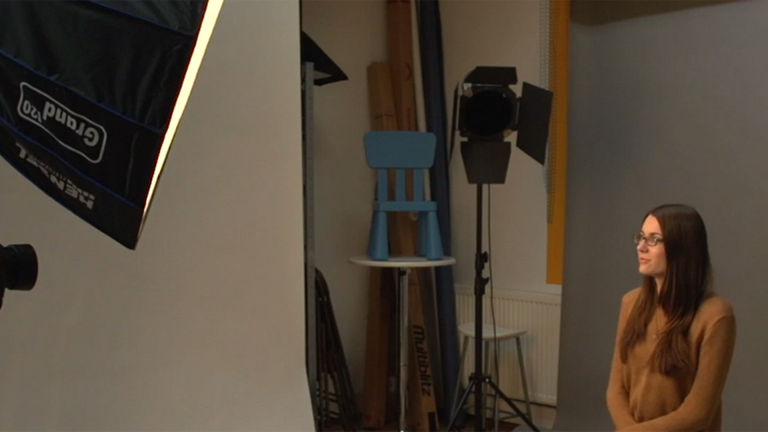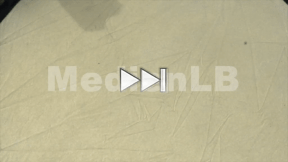Suche:
- # Artistry
- # Biology
- # Chemistry
- # Ecological
- # Economy
- # English
- # Foreign Language
- # Geography
- # German
- # Health
- # History
- # Informatik
- # Latin
- # Mathematics
- # Media Education
- # Music
- # Physics
- # Politics / Civics
- # Preschool
- # Primary School
- # Religion
- # Society
- # Sports
- # Technology
- # Training of Teachers
- # Vocational Education
Computer Games
This film covers the topic of computer games in a variety of ways and from many different angles. Apart from the fascina- tion of computer games for users, the historical development as well as the production of computer games are described. The established genres are introduced, the guidelines of the German BPjM are explained. In light of recent public discussions, a neutral overview of the pros and cons of playing computer games is given, and different kinds of player behaviour are outlined. In this film, the pupils will recognise many aspects of their favourite pastime that encourage an independent, constructive use of this medium and reinforce their media competency. The film and teaching material are very closely related to the real-life situation.
Learn morePodcasting
Today, the use of new media has become a matter of course not only in everyday life – schools and teaching, too, benefit from the new technologies and methods, which support active and independent learning. Especially in computer science, ethics and language courses but also in all other subjects, modern media are a valuable pedagogic and didactic asset. This DVD uses the example of podcasts to demonstrate how the possibilities opened up by new media can be applied in the classroom and how the pupils can be taught to handle them in a competent and target-oriented manner. The film is aimed at supporting the use of podcasts at school and encourages making them. This also requires the ability to find information on the Internet and assess it. The film informs on the functionality of podcasts and technical background as well as on the teaching and learning possibilities offered by podcasts – ranging from specific contents to superordinate learning targets such as the advancement of creativity and team spirit. The DVD is a useful support for teachers applying new media and wishing to show their pupils how to handle Running Time: 20:29 ms them in a sensible way.
Learn moreCopyright
Copyright is subject to constant change to keep up with technological advances. This film enables the viewer to grasp the basic principles of this extremely intricate matter. By way of introduction, the film defines what an author is, what kinds of works there are and how long a work is protected on principle. Then the fundamental rights of an author are cited and it is shown how these are exploited in our times. In the third chapter, the respective rights are illustrated by way of practice-oriented examples of books, photos, music and films. Here, of course, an emphasis is laid on the field of education, taking into account the latest case law within the EU and Austria in particular. A further chapter highlights the problems arising with the Internet and goes into the citation law and pirate copies. All in all, in this way the viewer is made familiar with the most important basic terms and their meanings. Comprehensive worksheets and additional accompanying material invite us to deepen our knowledge of the subject.
Learn moreThe Daily Newspaper
Every day, there is a surge of news reaching us via different news channels. In spite of TV and Internet, the daily paper still is one of the most important main sources of news. But how is a newspaper created? The film shows the production of a paper in the course of one day. Starting with the editorial meeting in the morning, in which the topics and deadlines are determined, the film accompanies a journalist during her research work. You can see how a journalistic interview is conducted and what the photographer must consider when taking a press photo. Back in the editorial office, the editor’s work is illustrated, which includes the page layout and the writing of an online article in today’s time. Impressive pictures from the printing centre depict the process from the digital page to the finished newspaper. Together with the comprehensive accompanying material, the DVD is perfectly suited for use at school
Learn moreInteractive Whiteboards
Although the computer found its way into school some time ago already, it has mostly led a marginal existence so far, banished to extra practice rooms or to the side of the classroom. With the new medium of the interactive whiteboard the computer promptly becomes the focus of the lessons as the central hub. On the digital board that projects contents via a beamer like on an oversized computer monitor, pictures and texts as well as audio and video files can be displayed. The possibilities of representation on this new white board, the whiteboard, seem to be almost unlimited compared to the traditional blackboard. But with the help of the board things cannot just be better represented, the computer-connected board can, in addition, be used by teachers and pupils as a universal tool. On it, content in a new - that is interactive - form can be searched online, organised and presented in the classroom.
Learn moreMobile Learning I
Increasing mobility is a dominant characteristic of the present age. Here the school just follows a general social trend. But with growing mobility not only new devices are coming to the fore but also new concepts of learning are being developed as well as new ways of cooperation between pupils and pupils and pupils and teachers. By now the iPad has established itself as one of the most frequently used mobile learning devices. Is that an irrational hype or does the iPad really mark a turning in mobile learning? The various possibilities of interaction are a particular strength of the mobile device. Because of the huge amount of technical potentialities mobile learning tools such as the iPad will certainly have a lasting impact on future instruction and will change it considerably. Moreover, the new technology also offers the chance to reconsider contents and methods of teaching and learning and redefine them. Implemented with reason, the iPad will provide a creative and positive effect on education and schools.
Learn moreMedia in Everyday Life
Media are part of our everyday lives. Children already used media in the past, however, it was not called that back then. A long time ago, boys and girls read books and magazines. In the past century, records, radio and television for children were added.
Learn moreThe Making of a Children’s Book
Every year thousands of new books are published. You can get a notion of that vast number at the large book fairs in Frankfurt or Leipzig.
Learn morePhotography II
Anyone who is able to master the technology of his camera can expose a photo correctly, knows how to handle exposure time and aperture – but only those who can design their photos, compose their pictures properly, know how to direct the viewer’s attention and are able to lend a message to their pictures, truly master photography.
Learn moreMobile Learning II
Oh, what’s that? Original soundtrack Thissen: “As our children grow up in a media world and naturally handle the media, they should also be a topic in school.“ An older child says the point is that they don’t just load down apps but create things themselves that haven’t existed so far. Hi, I’m Jana. A propeller hat. I’ll put it on. Now I’m no longer a simple rhino, but a flying rhino. Original soundtrack Thissen: “It’s exactly the great flexibility of tablets that promotes very personalised and adapted learning.” Original soundtrack Welzel: “It’s fascinating to see how the children grow with their products and how they always want to improve them.” The Westminster Abbey is a church in London for the royal family. Original soundtrack Welzel: “And?“ They think it is ok.
Learn more



